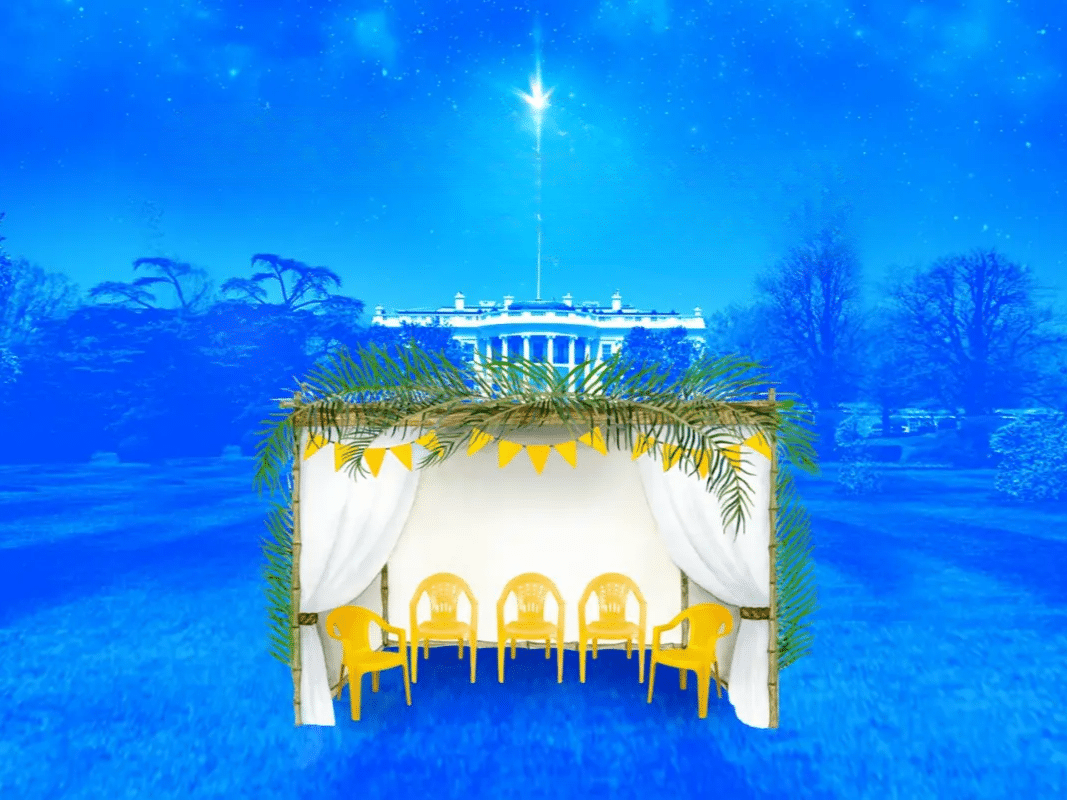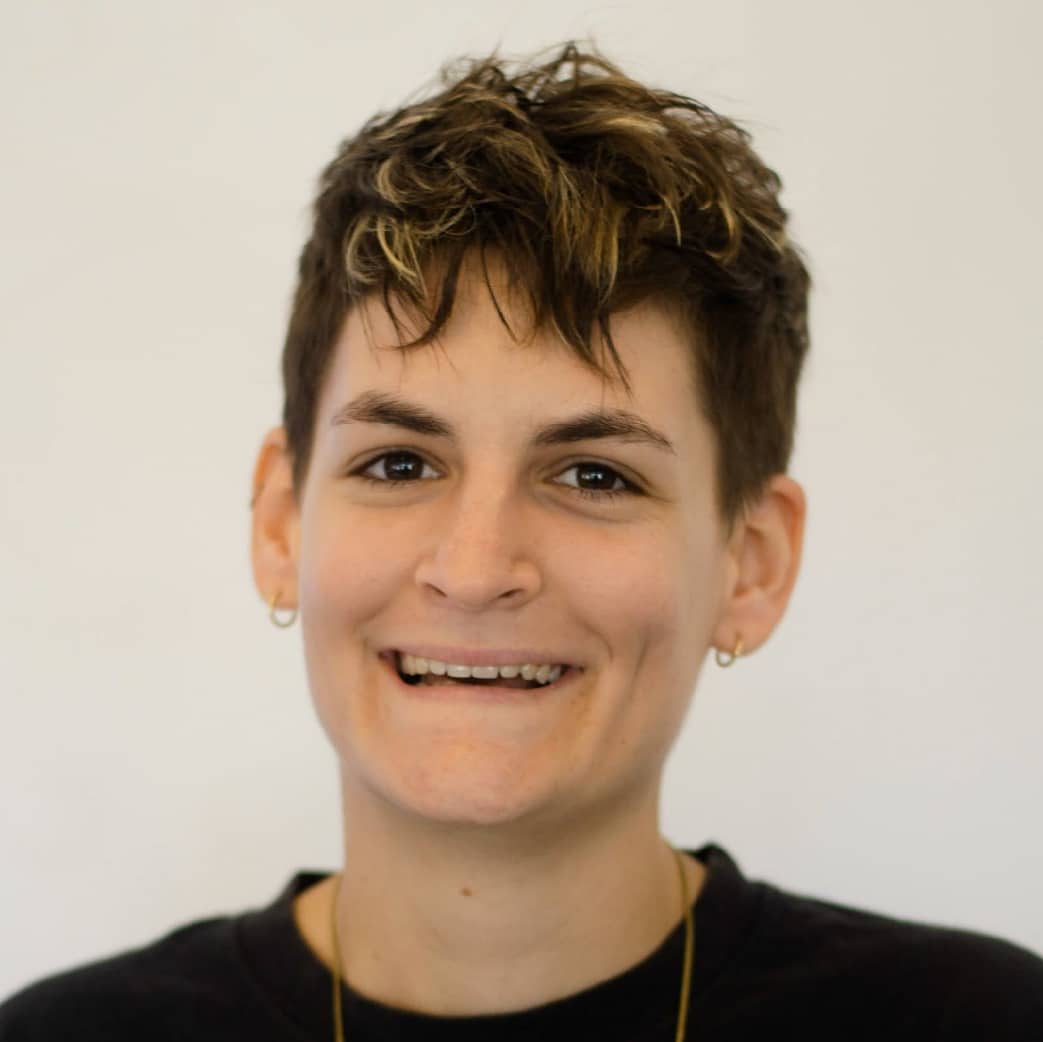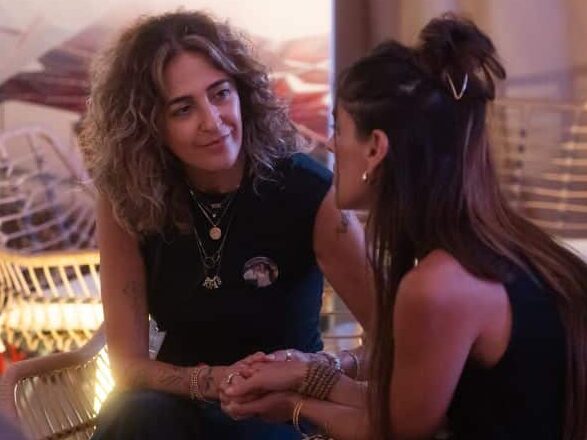“The Most Important Zionist Act of Our Time”
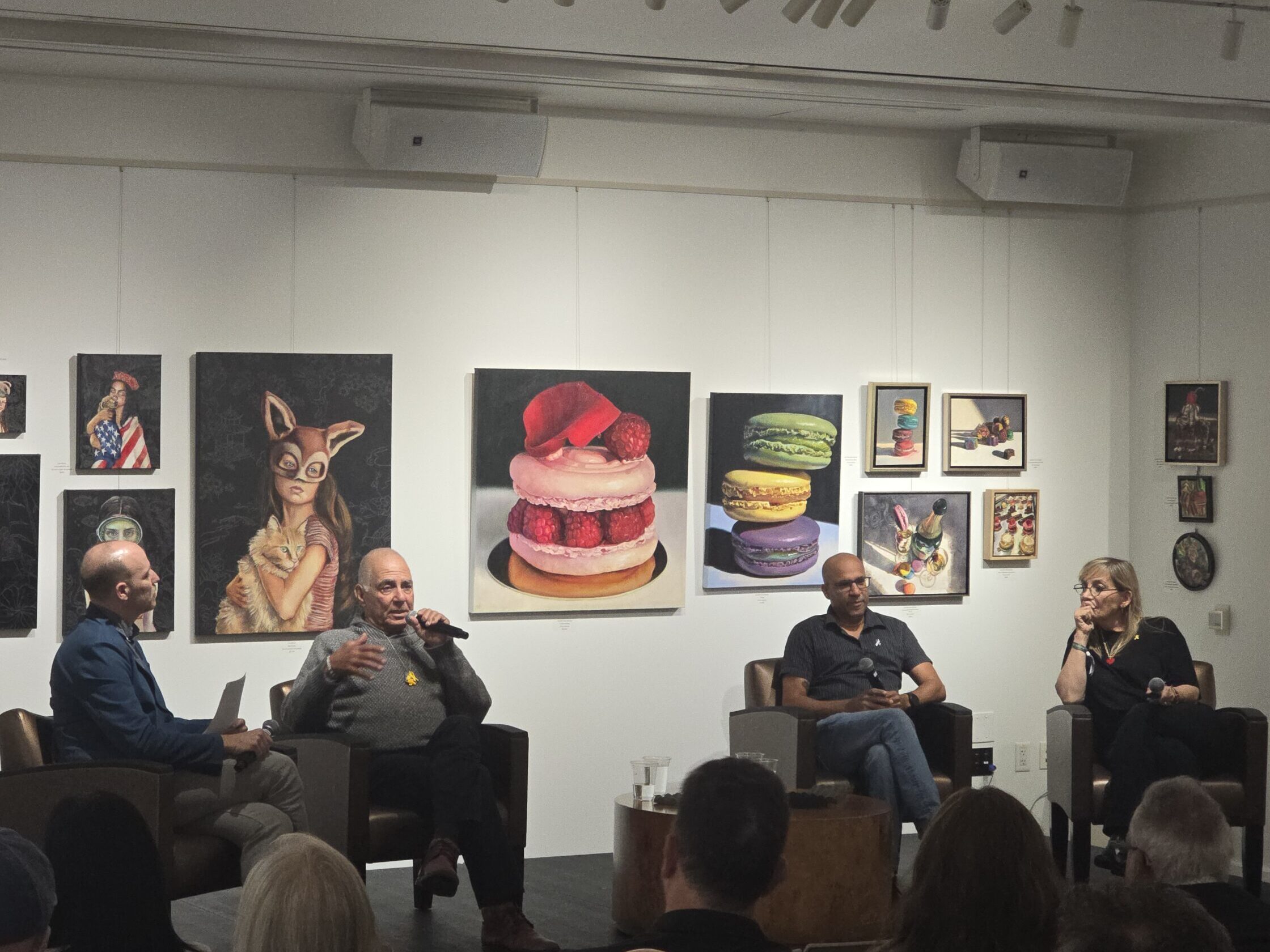
Reflections on hearing from Kibbutz Nir Oz leaders, and what’s possible when our communities connect
Kibbutz Nir Oz was little-known outside certain circles before October 7, including within our local Jewish community. Now its name is a reminder of both unimaginable loss and extraordinary resilience.
Earlier this month, I had the privilege of attending a powerful event at the Bender JCC featuring three remarkable individuals with deep, personal ties to Kibbutz Nir Oz:
- Gadi Moses, the oldest living hostage to return from captivity, spoke about his experience of 482 days in captivity.
- Nir Metzger, whose father was murdered in captivity and whose mother was taken hostage and later released, spoke about the idyllic life on the kibbutz and how it was shattered in an instant on October 7.
- Emi Palmor, former Director General of Israel’s Ministry of Justice and now leading Nir Oz’s rehabilitation efforts, spoke about the challenging yet hopeful process of rebuilding the kibbutz, describing it as “the most important Zionist act of our time.”
Their stories were different, but the message was clear: after unbearable loss, the focus is on moving forward and rebuilding. The clearest example came with Gadi’s release from captivity, when his first message was simple and powerful: ‘I will do everything I can to rebuild Nir Oz.’ I left thinking not only about the horror of that day, but about the resilience it takes to rebuild trust, community, and a true sense of belonging from the ground up.
This conversation was part of Kesher Nir Oz, a grassroots partnership between members of our community and the survivors and leaders of Kibbutz Nir Oz, launched by lay leaders from Congregation Beth El, B’nai Israel, and Ohr Kodesh. It is heartwarming to see such busy people dedicate so much time and energy to sustaining this relationship.
Through Federation’s Local Israel Engagement work, we aim to help nurture such efforts alongside community leaders, recognizing just how powerful these people-to-people ties can be. These relationships don’t just show support—they help stitch our people back together. And that work is far from over.
We were honored to help bring a delegation from Nir Oz to visit our community last year, and now our conversations with Kesher Nir Oz continues. The potential is tremendous, and the need for healing, presence, and partnership is urgent.
If you know of (or are part of) a similar initiative between a DMV-area congregation or organization and a community or project in Israel, I’d love to hear from you. Email me at udi.eitan@shalomdc.org.

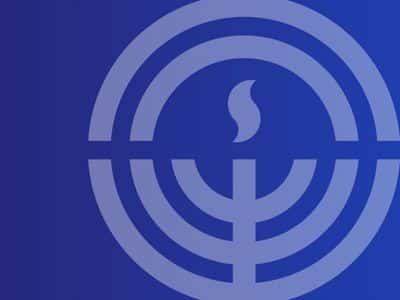
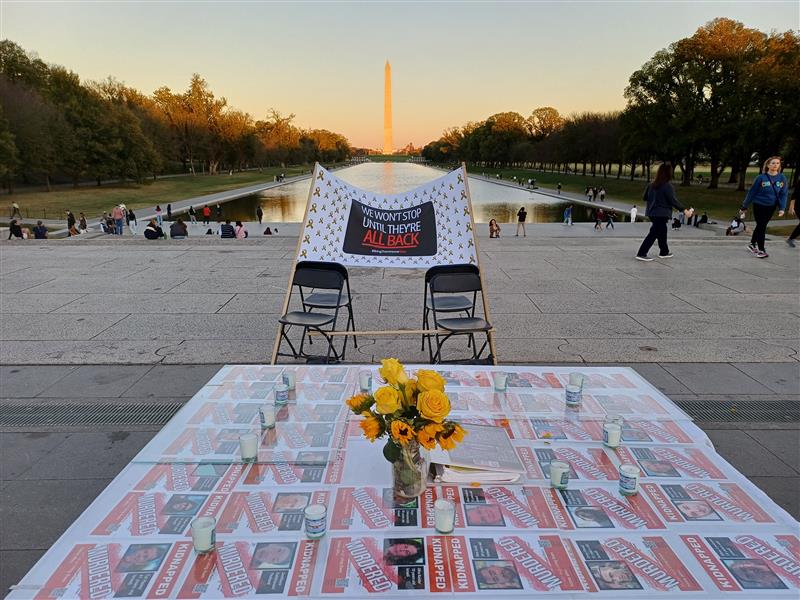
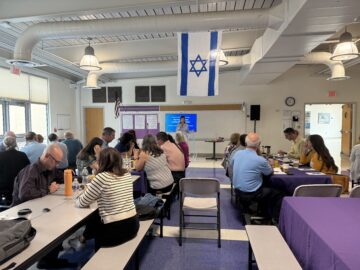
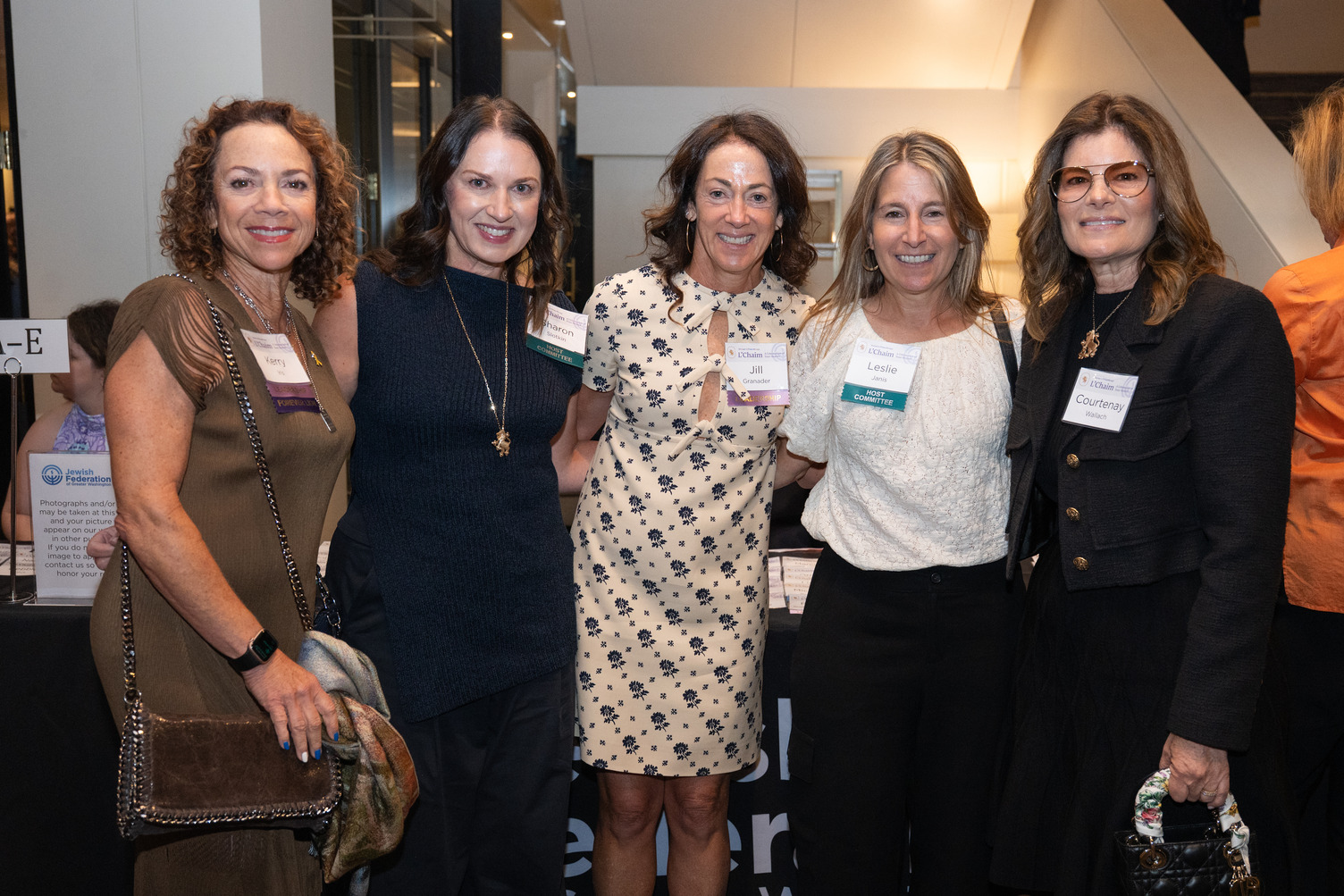
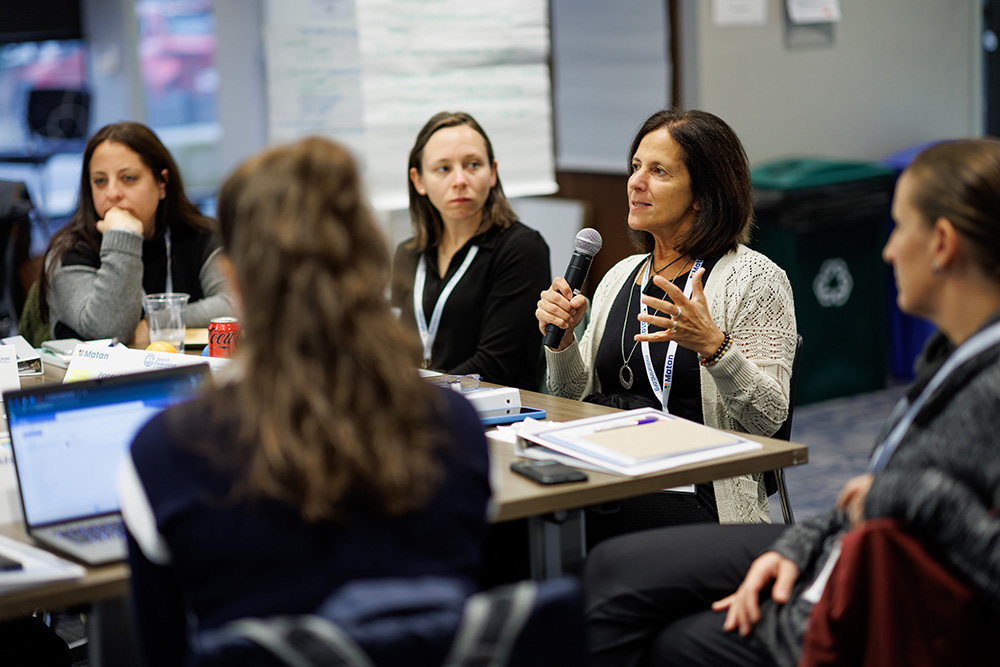
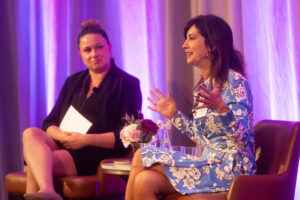 Wendy Sachs, our guest speaker, took the stage with a lens into her world and her work as director and producer of the documentary, October 8, and her view of what it means to be a woman showing up in today’s world. Her stories didn’t just highlight antisemitism, they challenged us to consider how we use our voices, our resources, our courage.
Wendy Sachs, our guest speaker, took the stage with a lens into her world and her work as director and producer of the documentary, October 8, and her view of what it means to be a woman showing up in today’s world. Her stories didn’t just highlight antisemitism, they challenged us to consider how we use our voices, our resources, our courage.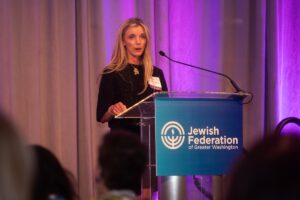 Among the most moving moments of the morning came when Marianna Ashin, Lion of Judah Chair, stood to share her personal journey—from a young refugee arriving in the U.S. to a proud Jewish leader helping others write their own Federation stories.
Among the most moving moments of the morning came when Marianna Ashin, Lion of Judah Chair, stood to share her personal journey—from a young refugee arriving in the U.S. to a proud Jewish leader helping others write their own Federation stories.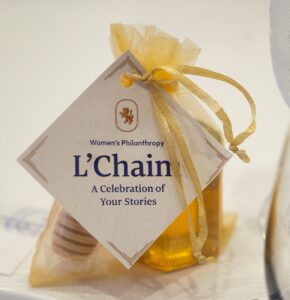 To all who joined us, thank you. Your stories enriched the fabric of our community. And your leadership, quiet or bold, helps move Jewish Greater Washington forward.
To all who joined us, thank you. Your stories enriched the fabric of our community. And your leadership, quiet or bold, helps move Jewish Greater Washington forward.